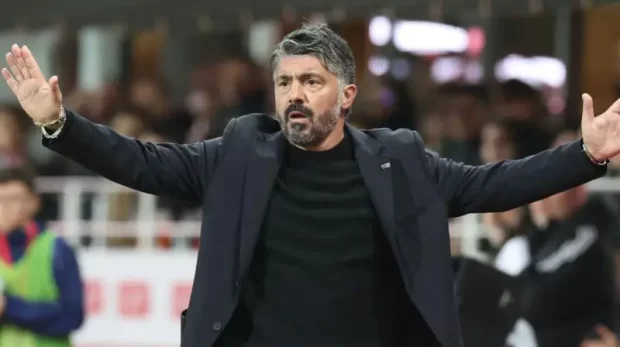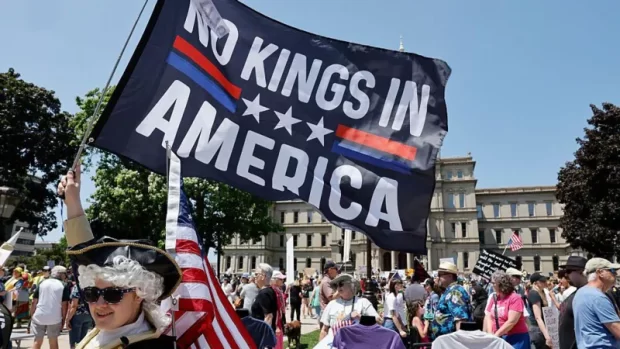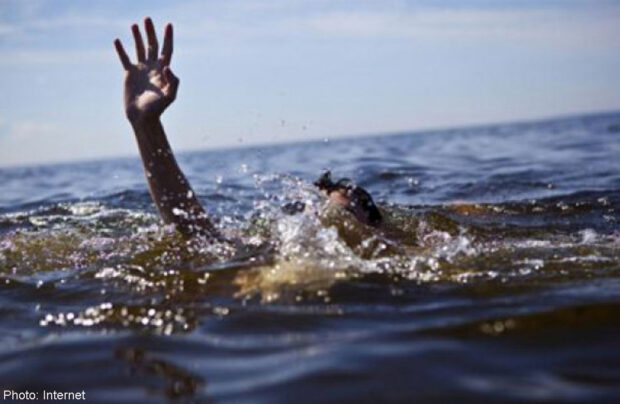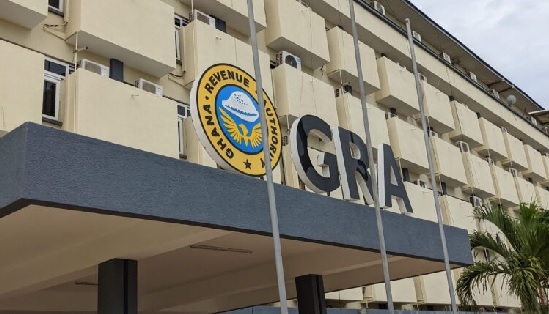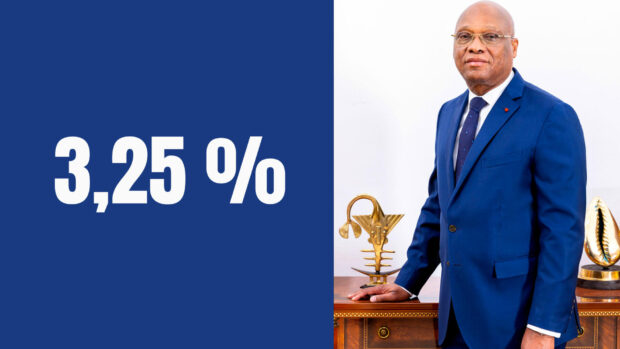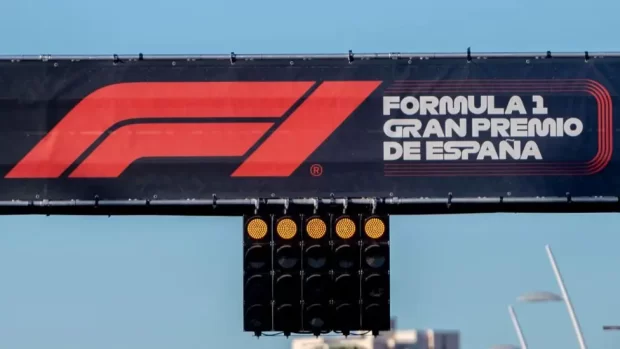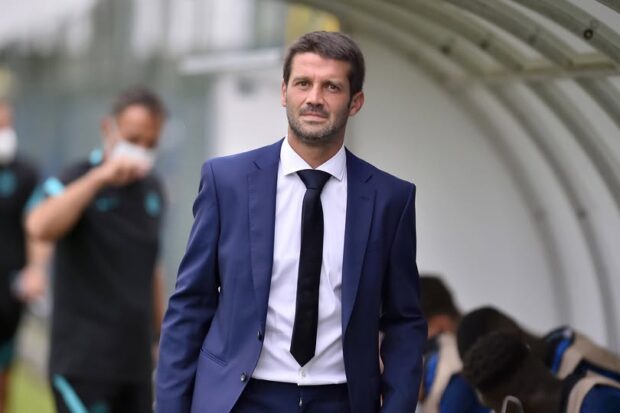
Every Saturday night, deep in the heart of Gottsunda—a suburb on the outskirts of Uppsala, Sweden’s fourth-largest city—an unusual kind of football match takes place. Organized by Robert Wirehag, a local pastor and former youth player for Swedish club IK Sirius, these weekly games are more than just sport. They’re an intervention.
Uppsala, known historically as a calm university town located about 70 kilometers (44 miles) from Stockholm, seems worlds apart from the energy in Gottsunda after dark. Here, instead of students and scholars, the streets are filled with boys aged 12 to 17. And according to Wirehag, they all have one thing in common: they’re potential gang recruits.
“Why? Because they live in a specific suburb in the outer part of the city,” Wirehag explains. “All of them are at risk. Some are already involved in gangs, others are on the edge, and some haven’t crossed that line yet—but they’re close.”
Gottsunda and other similar suburbs are socioeconomically disadvantaged. Many residents face barriers to employment, particularly due to language issues. These systemic inequalities create fertile ground for gang activity.
“Criminal lifestyles grow in places where there’s no money and too much free time,” Wirehag says. “We do this on Saturday nights for a reason. That’s when they’re most likely to be out and vulnerable.”
One regular player is 18-year-old Abdulraof Alchaieb, known as Abudi. “Every Saturday night, I’m here,” he tells CNN. “It’s a war on the field.”
At first, Wirehag tried selecting the teams himself—believing that would be the fairest method. But the boys protested and refused to play. When he let them choose their own teams, the chaos of debates and arguments gave way to enthusiastic participation. As loud and messy as the process is, it works.
Abudi, who also plays for the U-19 squad of Swedish first-division club Sunnersta AIF, knows what’s at stake.
“If I didn’t have football, I think I could’ve ended up in crime,” he says. “At 14, 15, or 16, it’s easy to get drawn in. An older guy asks you to drop a bag or hold something—and that’s it. You’re already part of it.”
He adds, “The people you think are your friends? They’ll stab you in the back. There’s no loyalty in the street. I know people who never made it out.”
Wirehag says 2025 has started brutally. January alone recorded more than one bombing per day—excluding failed attempts and preempted plots. Explosives, often homemade or illegally smuggled, are a regular tool in criminal conflicts and extortion schemes. Recruitment is happening fast and online, often through messaging apps and digital platforms.
“Gang crime is a network problem. It’s everywhere,” says Hanna Paradis, former head of Operation Frigg, a national task force launched in 2023 to combat rising gang violence.
In a 2024 report, Swedish police estimated that around 62,000 people in Sweden are either part of or connected to criminal networks.
“Ten years ago, youth drifted slowly into crime,” says Paradis. “Now, they’re pulled in fast—seduced by promises of wealth and status. It’s the gig economy of gang crime.”
According to criminal law expert Dennis Martinsson, gangs now advertise “jobs” on apps. Young people, lured by cash or status, accept tasks—many of which are violent or illegal. Often, they’re not even paid.
Sweden now has one of Europe’s highest firearm death rates, largely tied to criminal activity in disadvantaged neighborhoods. A 2021 study by the Swedish National Council for Crime Prevention (BRÅ) highlighted this drastic and rapid decline.
“No Western European country faces anything like Sweden’s gun and explosive violence,” says Ardavan Khoshnood, criminologist and associate professor of emergency medicine at Lund University. “As a Swedish patriot, it makes my heart bleed to see what we’ve become.”
Perhaps most alarming is the rise in youth involvement in serious crimes. The Swedish Prosecution Authority noted a tripling of murder cases involving suspects under 15 between 2023 and 2024.
Children as young as nine years old have been used to carry weapons, detonate explosives, and act as lookouts—shielded from severe penalties because of their age.
“Gang leaders are exploiting legal loopholes,” says journalist and author Diamant Salihu. “Kids under 15 can’t be prosecuted. At most, they’ll face interventions from social services.”
Even teens aged 15 to 17 are rarely sentenced to prison. Only in exceptional cases—like murder—are they placed in secure youth facilities. The government is now considering lowering the age of criminal responsibility to 14 for serious offenses.
Integration failures, educational gaps, and economic struggles have left communities vulnerable. High child poverty rates, poor school performance, and a lack of police presence have created a “perfect storm” in places like Gottsunda.
As Salihu puts it: “When shootings go unsolved, families feel abandoned. It’s no longer just about crime—it’s about alienation. A growing ‘us vs. them’ mentality.”
Although no specific crime statistics for Uppsala are available, locals report a sharp rise in youth-related violence. Even football has suffered—some teams refuse to play in the area, forcing Wirehag’s club, Sirius, to cancel youth games.
Despite the risks, Wirehag rarely misses a Saturday. His own children worry about his safety. “They ask me, ‘Dad, do you have to go tonight? We know how dangerous it is.’ And I understand their fear.”
Still, he shows up—bringing not only footballs but also hope. On the night CNN visited, he invited local police officers to attend.
“Many of these boys have a deep mistrust of the police,” he says. “Some come from countries where police were brutal. Others are profiled here because they look different or are already involved in petty crimes. They’ve never had a reason to trust authority.”
By connecting officers and youths through football, Wirehag hopes to rebuild something lost in these neighborhoods: trust.



